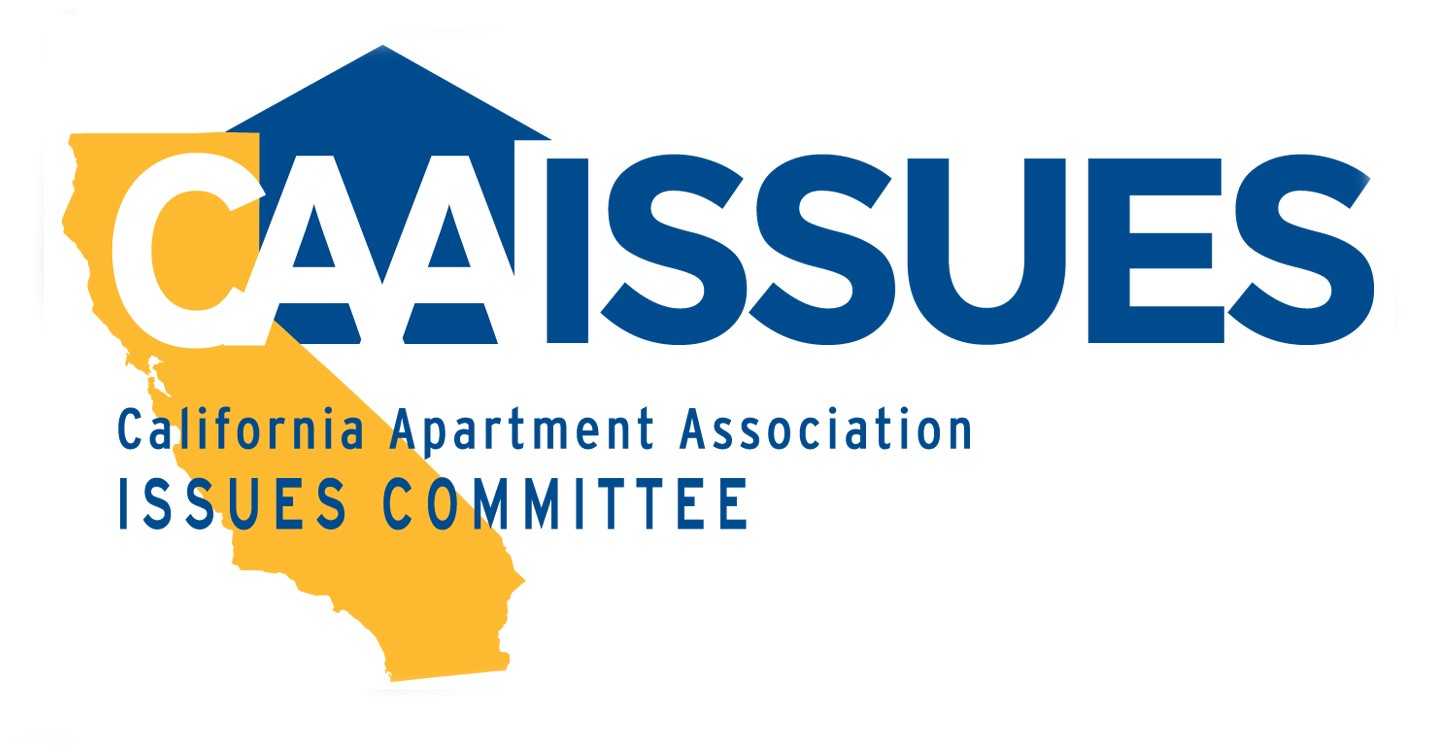 Discriminating against tenants – even if unintended — has long flown in the face of both California and federal law.
Discriminating against tenants – even if unintended — has long flown in the face of both California and federal law.
But just how the law plays out in court has varied by circuit across the country.
A new rule, issued Feb. 8 by the U.S. Department of Housing and Urban Development, aims to change that.
HUD’s final rule on implementing the Fair Housing Act’s Discriminatory Effects Standard includes guidelines that standardize what constitutes discrimination through “disparate impact” and what it takes to prove it in court.
First, HUD clarifies that the plaintiff bears the burden of proof. In the rental housing business, this typically would be a tenant or employee.
Let’s say the plaintiff meets this burden. Then, the defendant – assume it’s a property owner or manager — can counter-punch by showing business needs for the practice or policy.
If the defendant succeeds here, however, the plaintiff still may prevail by proving the defendant could have achieved the desired business effect through means with a less discriminatory effect.
Disparate impact examples
The added information provided by HUD includes examples of cases that appear “neutral” on their face but may actually violate the Fair Housing Act:
- A property owner’s low-tenant occupancy limits discriminate against families with children.
- A property owner’s zero-tolerance domestic violence policies negatively affect women because both offenders and victims must leave.
- A city or county’s land-use policies limit affordable housing and tend to disproportionately affect minorities.
Screening for criminal background
Interest groups had asked HUD to address screening tenants based on records of arrests or convictions. One group commented that blanket prohibitions are discriminatory because of the disproportionate numbers of minorities with criminal records. Other interest groups expressed concern that the rule would restrict housing providers from screening tenants based on criminal arrests and conviction records. In response, HUD stated that:
“Whether any discriminatory effect resulting from a housing provider or operator’s use of criminal arrest or conviction records to exclude persons from housing is supported by a legally sufficient justification depends on the facts of the situation. HUD believes it may be appropriate to explore the issue more fully and will consider issuing guidance for housing providers and operators.”
Other coverage:
- HUD’s Disparate Impact Rule Praised by Fair Housing Advocates: Misunderstood by Critics (Huffington Post)
- A new tool for enforcing fair-housing rules (Chicago Tribune)
- Disparate Impact and Fair Housing: Seven Cases You Should Know (ProPublica)

